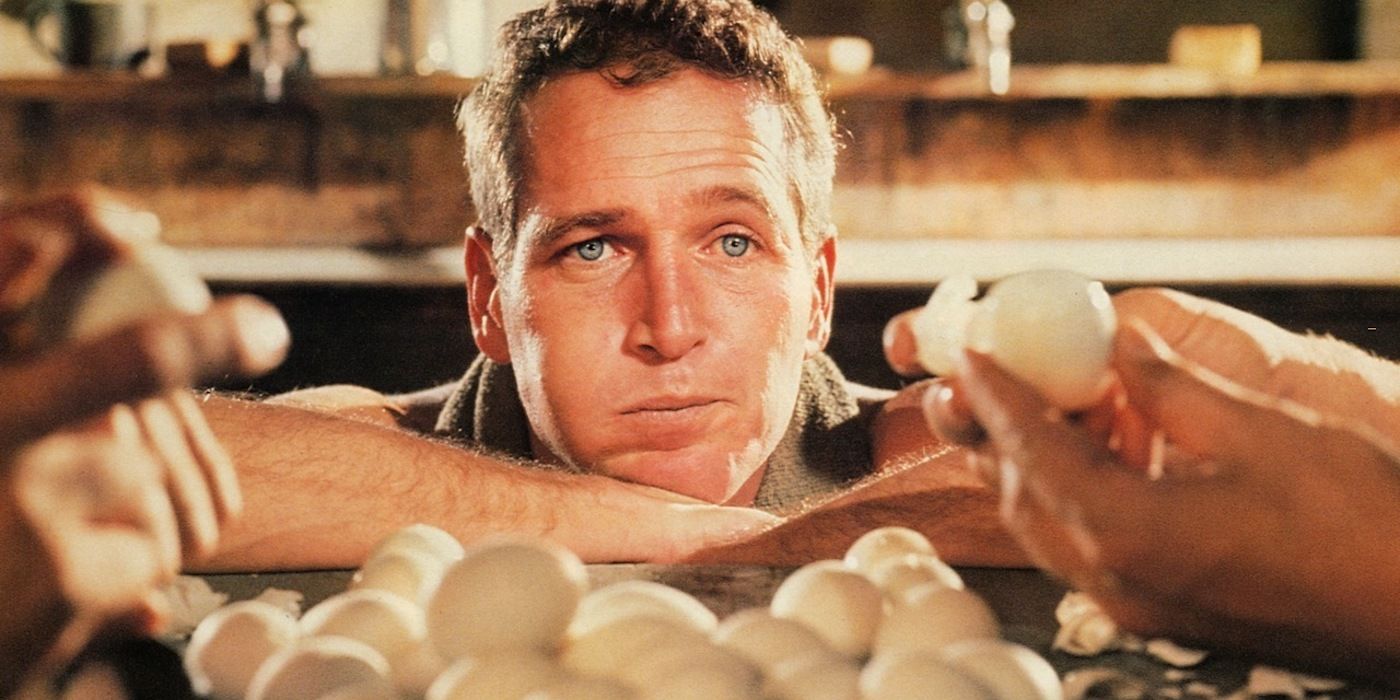Yes, yes, it’s heresy. Remaking a beloved classic is often seen as lazy at best, sacrilegious at worst. Still, some stories age better than others, and a few (brilliant as they were or still are) could actually thrive with a new cast, a fresh lens, and a modern context. These aren’t films that need fixing; rather, they’re stories whose bones are strong enough to carry a new voice.
Whether it’s through updated politics, deeper character work, sharpened imagery, a new time and place, or simply a shift in tone, these ten classics are ripe for a smart, sensitive, and bold remake. Even if their most ardent fans might balk at the thought, they are stories that are worthy of remaining timely, and what better way to do it than to update them for a new generation.
10
‘The Last Picture Show’ (1971)
Directed by Peter Bogdanovich
“Nothin’s ever the way it’s supposed to be.” The Last Picture Show is an elegy for a fading America. Set in a dusty Texas town during the early 1950s, it chronicles a group of teenagers (including Jeff Bridges and Cybil Shepherd in breakout roles) as they navigate heartbreak, lust, betrayal, and disillusionment. Shot in stark black and white, Peter Bogdanovich designed the movie to feel like a memory already crumbling at the edges.
Its themes, like the erosion of small-town life, the loneliness of adolescence, and the collapse of communal spaces, are even more poignant now. We’re all bowling alone, as they say. A new version could update the setting, perhaps post-2008, perhaps rural Rust Belt, and still carry the same emotional weight. Done right, it would deepen the original’s message while finding fresh textures in today’s social and economic realities. Maybe it could also provide meaty roles for a new generation of rising stars.
9
‘Seconds’ (1966)
Directed by John Frankenheimer
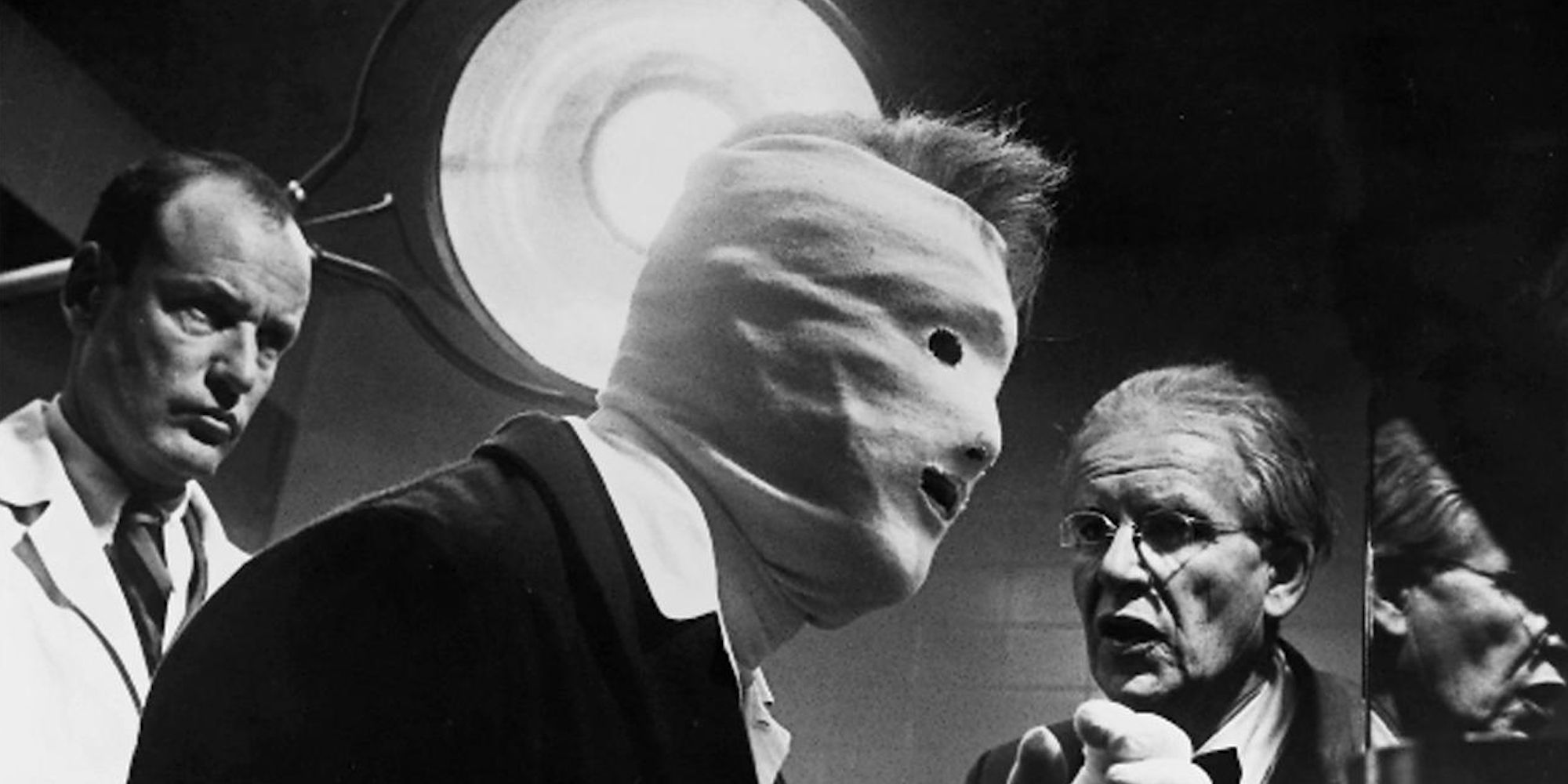
“Relax, Mr. Wilson. You’re going to be reborn.” Seconds is a sci-fi psychological thriller that still feels ahead of its time. A wealthy, disenchanted man (Rock Hudson) is given a second chance at life through a radical procedure that changes his appearance and identity. But as he slips into this new body, he realizes that a fresh face doesn’t equal a clean slate. What begins as fantasy curdles into dread.
The film is claustrophobic and strange, with unnerving cinematography and a lingering sense of doom. The cultural anxieties it explores, about aging, selfhood, and reinvention, have only deepened. In the age of Instagram filters, artificial intelligence, and curated identities, Seconds could be terrifyingly modern. A remake could tap into the way people now live multiple lives online, constantly editing themselves into something shinier. It’s already halfway to a Black Mirror episode; maybe Charlie Brooker could tip it over the finish line.
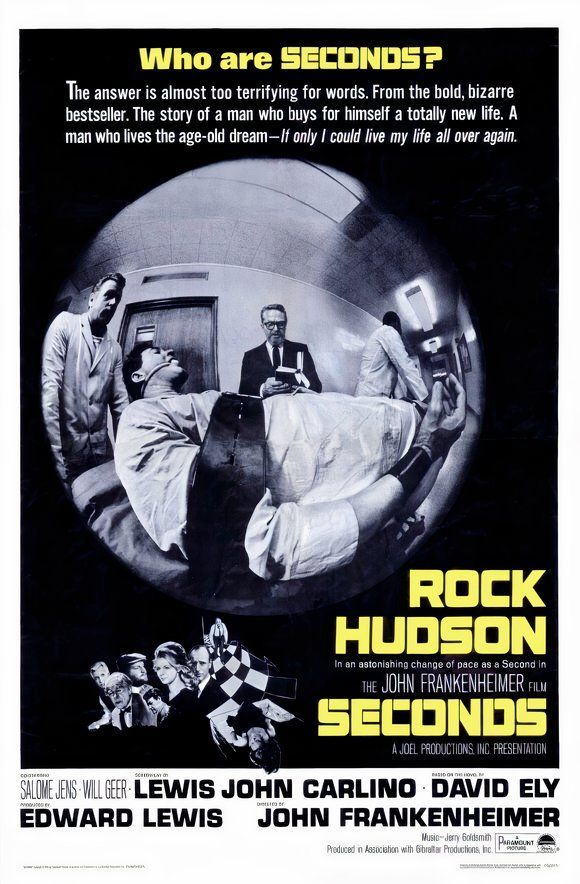
Seconds
- Release Date
-
October 2, 1966
- Runtime
-
106 Minutes
- Director
-
John Frankenheimer
8
‘Cool Hand Luke’ (1967)
Directed by Stuart Rosenberg
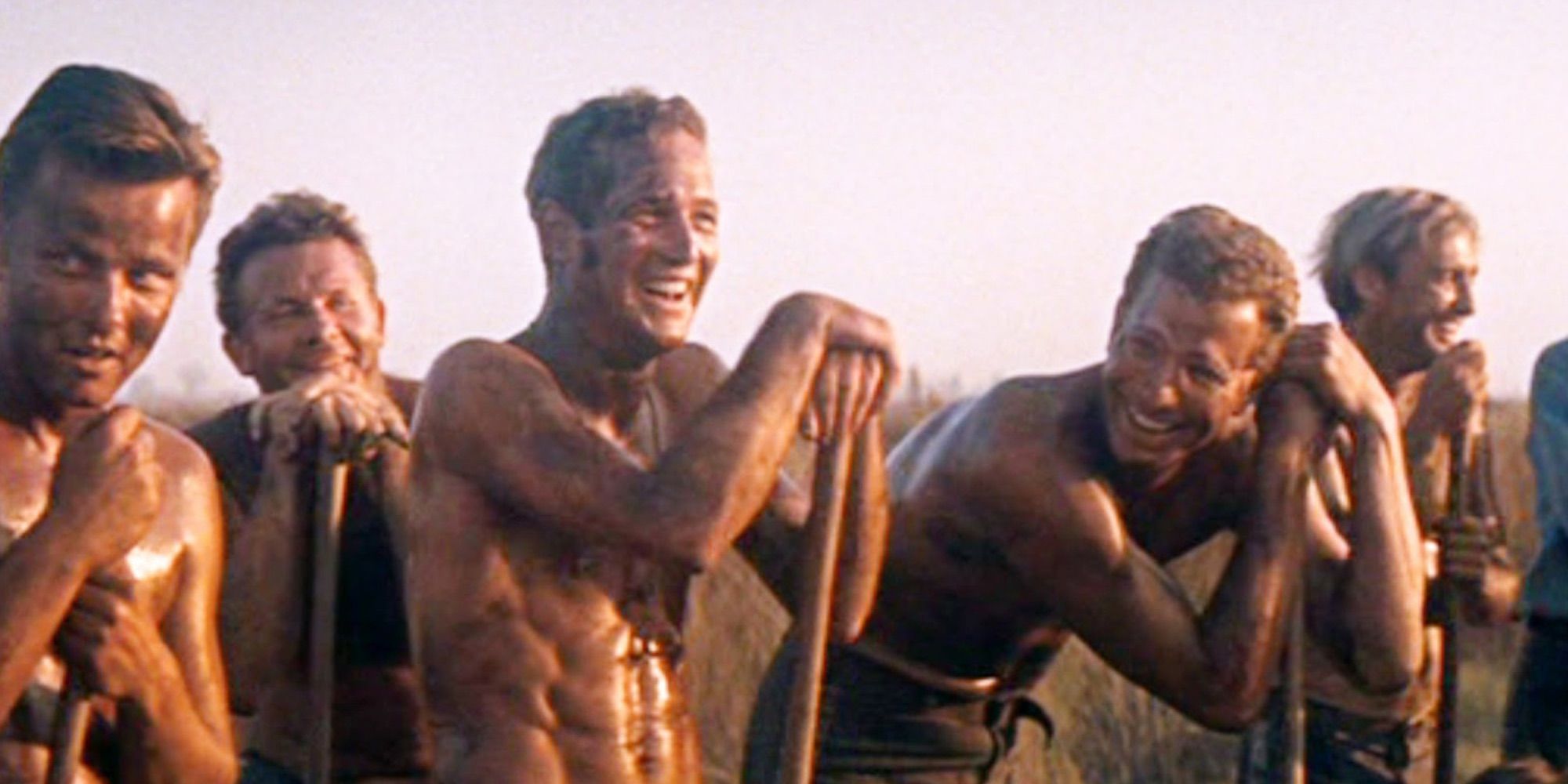
“What we’ve got here is failure to communicate.” Cool Hand Luke is one of the great anti-authority films of the 1960s. It features a top-of-his-game Paul Newman as the title character, a war veteran arrested for a petty crime and sentenced to hard labor in a Southern prison camp. He refuses to submit to orders, punishment, or institutional cruelty — to anything, really. This attitude turns him into a legend among the other inmates.
While the story still hits hard, a remake could find new urgency in its themes. Today, mass incarceration and systemic injustice aren’t just background but central to America’s most pressing moral questions. A reimagined Cool Hand Luke could confront those issues head-on. With modern cinematography and a sharper political eye, the film could still honor the original’s rebel heart while giving its legacy a vital, contemporary pulse. It might be a much-needed shot of anti-establishment resistance.
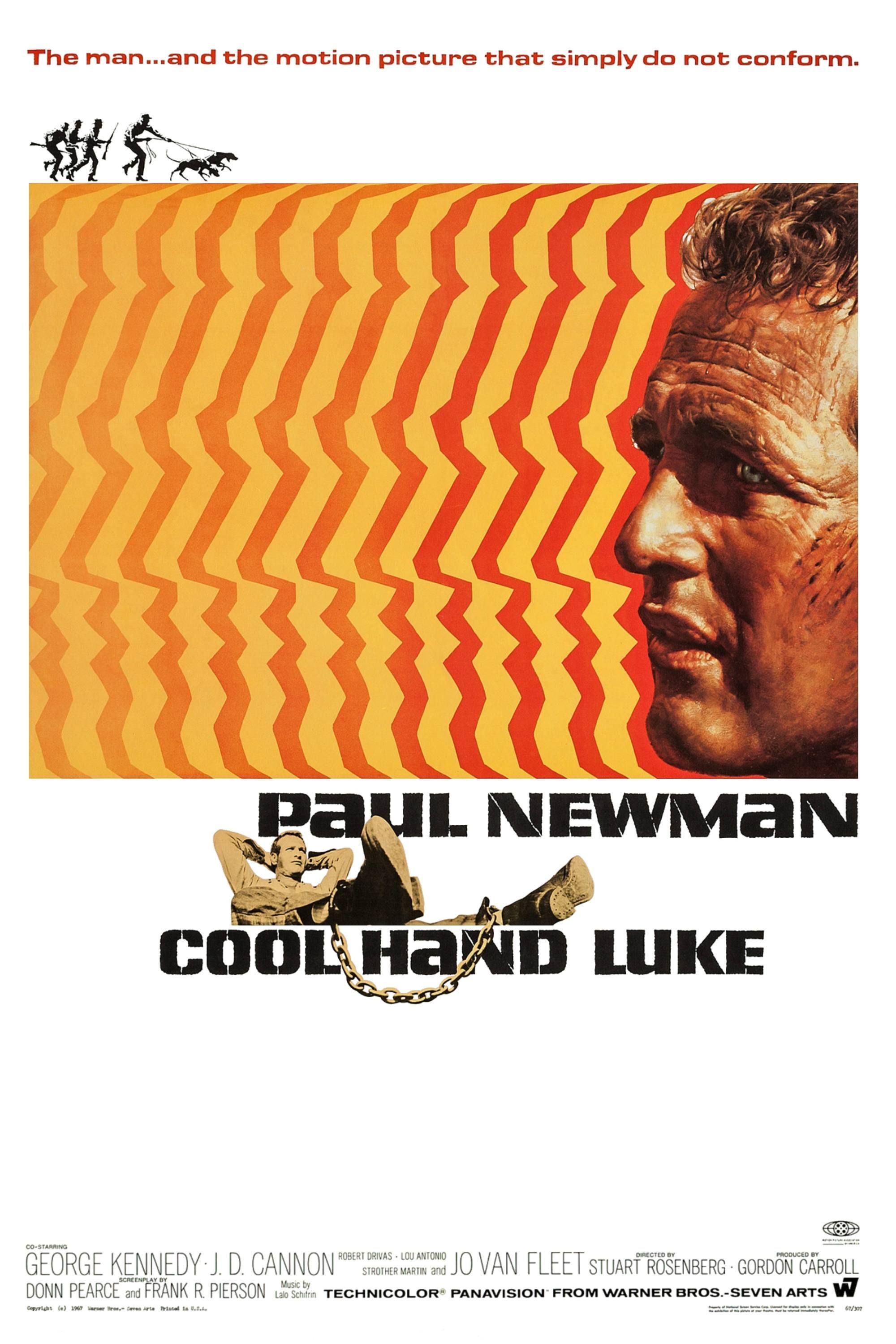
Cool Hand Luke
- Release Date
-
November 1, 1967
- Runtime
-
127 Minutes
- Director
-
Stuart Rosenberg
7
‘Gilda’ (1946)
Directed by Charles Vidor
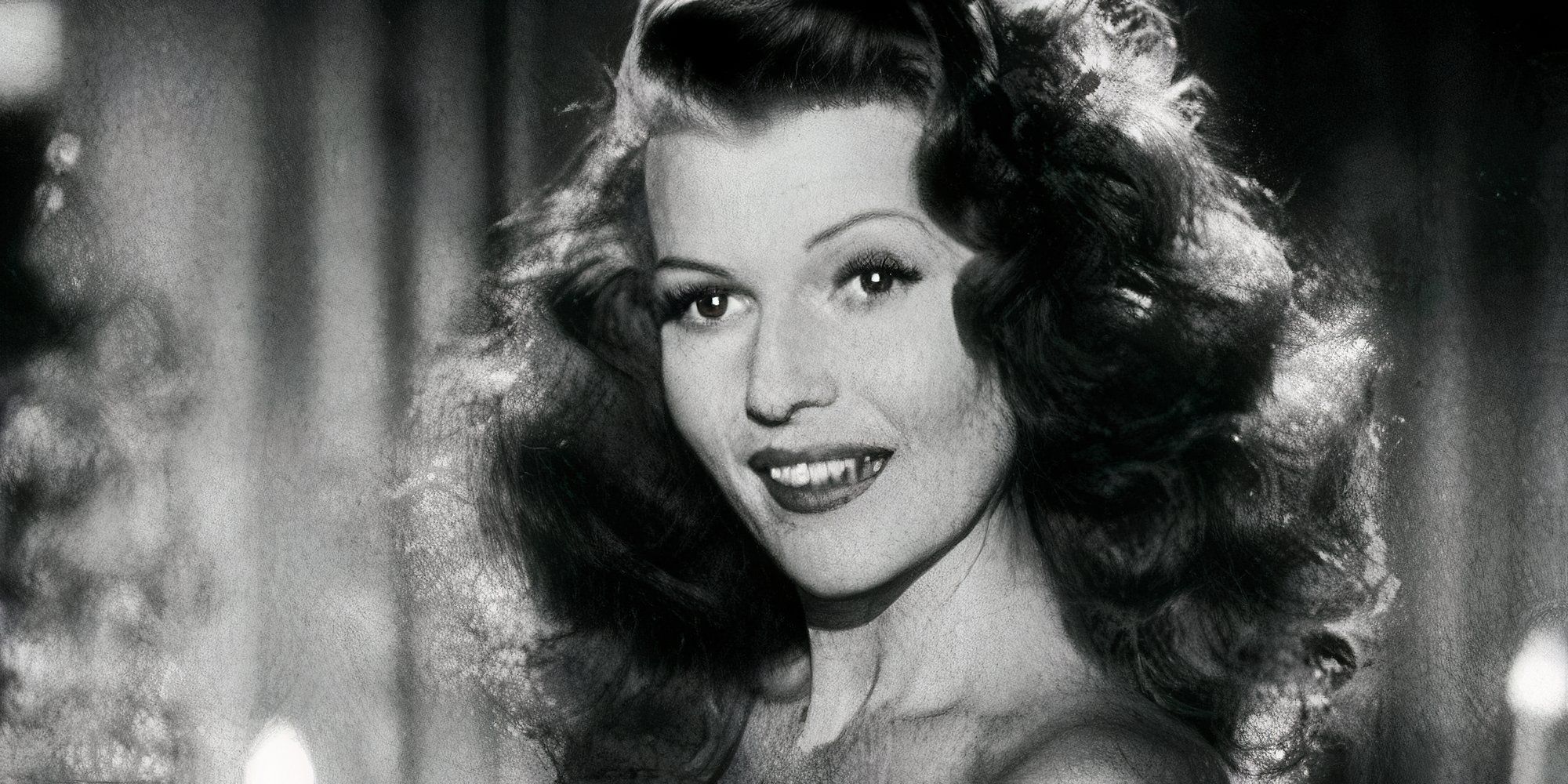
“Hate is a very exciting emotion.” Gilda is pure noir seduction, with its sharp suits, strapless dresses, smoldering gazes, and dialogue that cuts like a switchblade. At the center of it all is the titular Gilda (Rita Hayworth), one of classic Hollywood’s most iconic femme fatales, trapped in a combustible love triangle. Hayworth delivers a performance that’s all fire and vulnerability, but for all its glamor, the emotional stakes often feel hemmed in by the era’s limitations.
A remake could explore the same volatile relationships with far more psychological depth. A good director would lean into the character-driven complexity. It’s all codependency, trauma, and the blurry boundary between love and possession. Released from the Hays Code, modern filmmakers wouldn’t need to imply Gilda’s pain or Johnny’s (Glenn Ford) controlling rage; instead, they could dive into it head-on. In other words, a new Gilda could retain the noir elegance while breaking open the emotional repression beneath it.
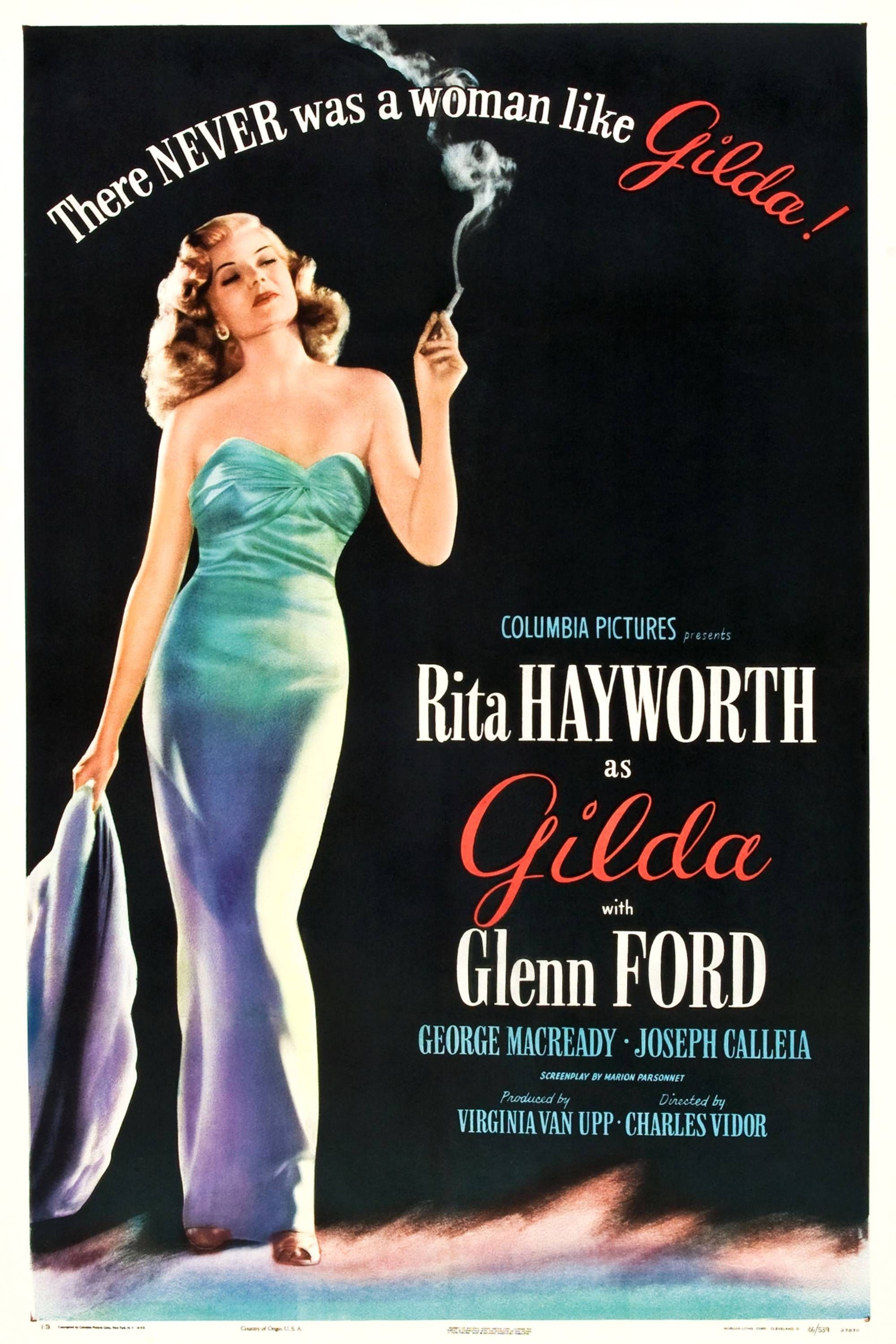
Gilda
- Release Date
-
April 25, 1946
- Runtime
-
110 Minutes
- Director
-
Charles Vidor
6
‘Fahrenheit 451’ (1966)
Directed by François Truffaut
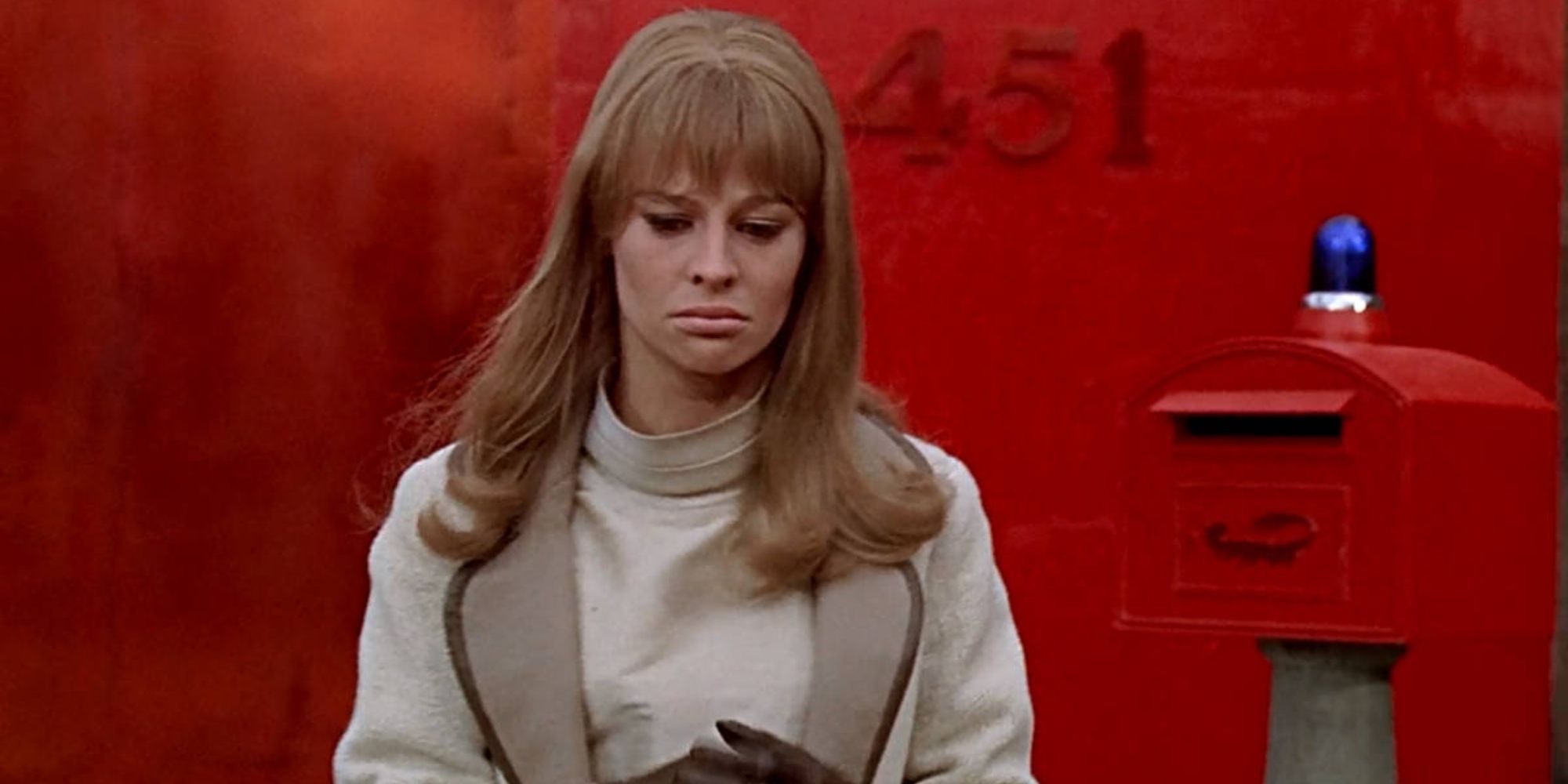
“It’s not books you need, it’s some of the things that once were in books.” Fahrenheit 451 has never felt more timely. In Ray Bradbury‘s dystopia, firemen don’t put out fires; they burn books. It’s a future ruled by noise, distraction, and fear of critical thought. Sound familiar? The story’s about censorship, but also about loneliness, memory, and the fight to keep meaning alive. Truffaut‘s adaptation gets the imagery right, conjuring up a surreal and empty world. Still, the movie itself feels a little emotionally flat and narratively uneven. The ideas are urgent, but the execution sometimes isn’t.
A remake has already been attempted (poorly), but a truly great one could finally give this story its due. Think Children of Men meets Her — grounded dystopia with a human core. Montag’s awakening, Clarisse’s fragility, and the resistance of the book people: all of it could be elevated with better pacing, character work, and emotional stakes.
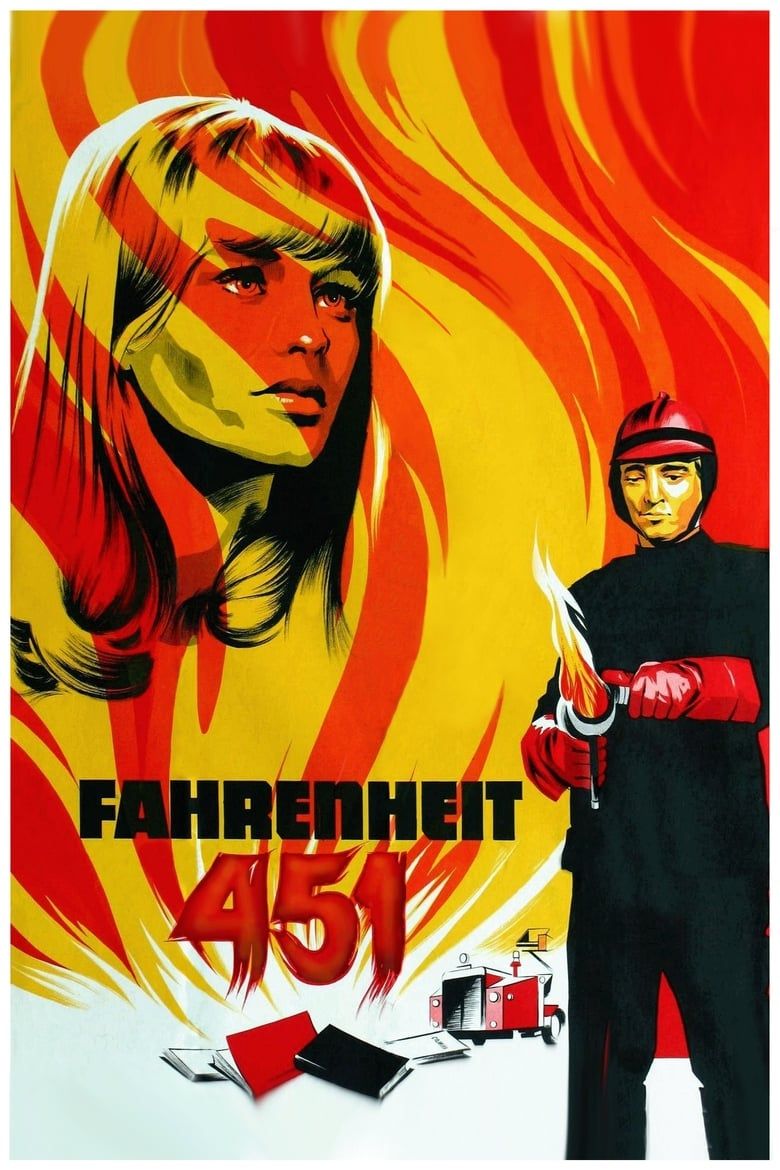
Fahrenheit 451
- Release Date
-
September 7, 1966
- Runtime
-
113 minutes
- Director
-
François Truffaut
5
‘The Day the Earth Caught Fire’ (1961)
Directed by Val Guest
.jpg)
“We’ve triggered the biggest bomb of all time.” The Day the Earth Caught Fire is a Cold War parable disguised as a sci-fi thriller. When simultaneous nuclear tests knock the Earth off its axis, climate chaos ensues. A journalist (Edward Judd) pieces together the story while the world boils and society frays. The film is well-paced, and its grainy visuals give it a sweaty, end-of-the-world tension, but the limited budget and old-school gender politics keep it somewhat stuck in the past.
A modern remake could be a timely climate horror epic. Imagine the stakes of Don’t Look Up with the rawness of Children of Men. The story already taps into collective guilt, bureaucratic cowardice, and media responsibility. It just needs sharper characters and a broader emotional scope. Done well, a remake could explore how we process catastrophe not just as a society, but as individuals in denial, in panic, in search of meaning.
4
‘Guess Who’s Coming to Dinner’ (1967)
Directed by Stanley Kramer
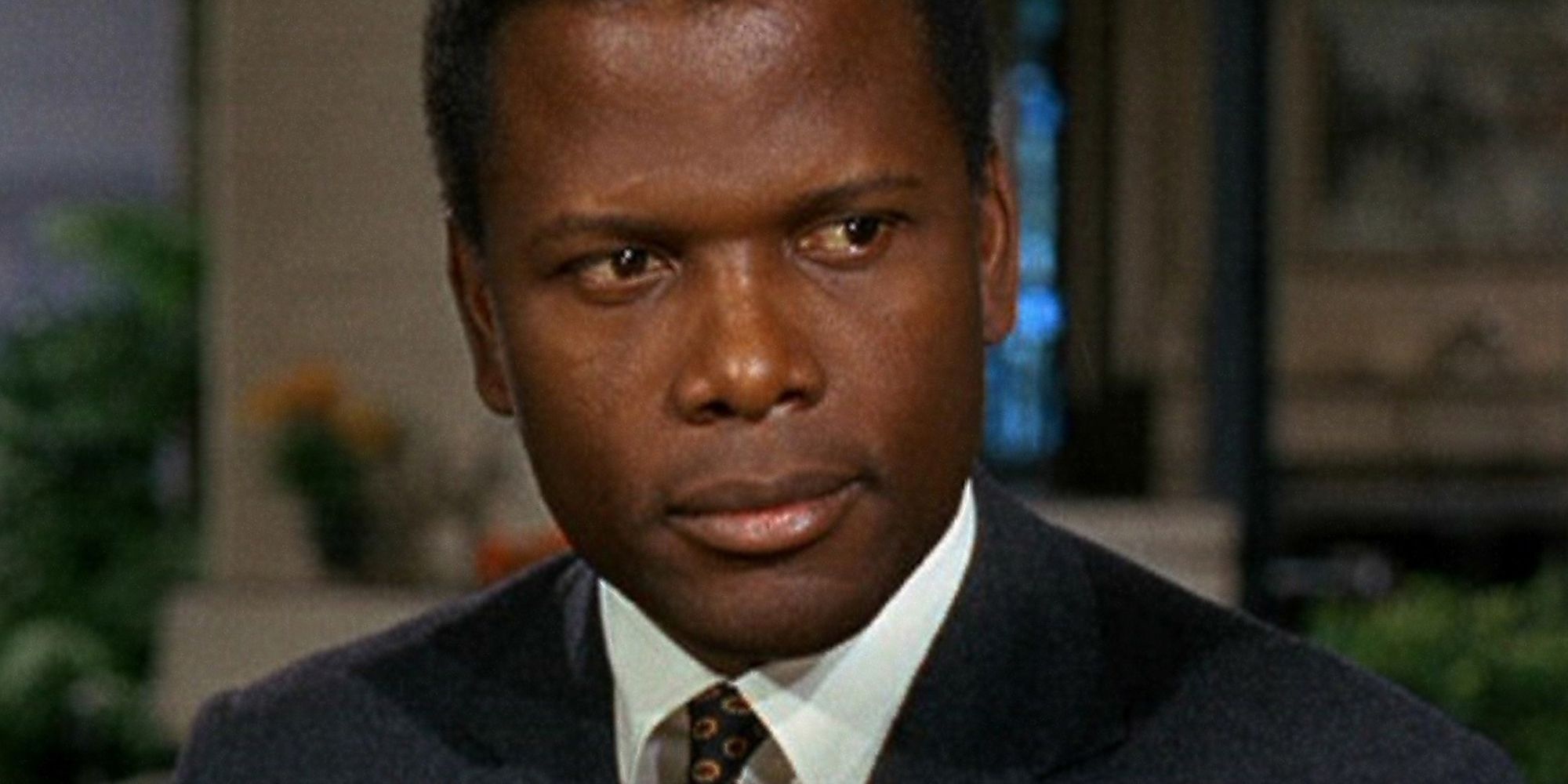
“You think of yourself as a colored man. I think of myself as a man.” Guess Who’s Coming to Dinner was groundbreaking in its time, a polite but pointed examination of interracial marriage at the height of the Civil Rights era. Sidney Poitier, Katharine Hepburn (in an Oscar-winning performance), and Spencer Tracy navigate a dinner table turned ideological battleground, where progressive parents are forced to confront their latent biases. It’s thoughtful, humane, and deeply earnest (all the hallmarks of director Stanley Kramer), but also limited by the need to reassure its 1960s audience.
An updated version might trade assurance for discomfort and civility for confrontation. We live in an era where conversations about race, class, and power have grown more complex. A remake could update the dynamics, complicate the moral clarity, and bring in contemporary politics. The 2005 movie Guess Who, with Ashton Kutcher and Bernie Mac, is a loose, loose remake, but we need something a little smarter, a little more serious.
3
‘The Misfits’ (1961)
Directed by John Huston
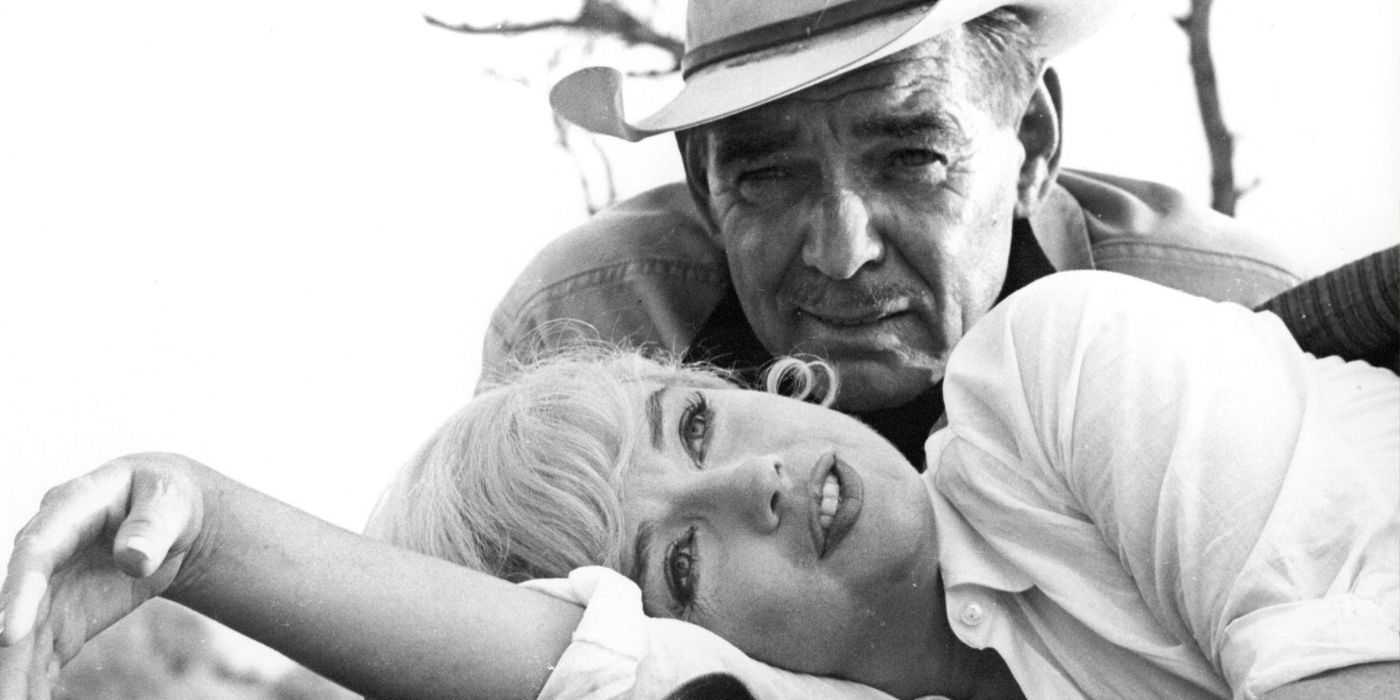
“If I’m going to be alone, I want to be by myself.” The Misfits is one of those films whose pain feels real because, in many ways, it was. Written by Arthur Miller for Marilyn Monroe, and co-starring Clark Gable and Montgomery Clift, it follows a group of emotionally broken people drifting through the Nevada desert, trying to hold onto meaning in a world that’s moved on without them. It’s a fragile, beautiful work, haunted by its cast’s real-life tragedies.
A remake wouldn’t aim to replace the original, but it could reinterpret it. In the right hands, the film could become a modern tone poem about alienation and lost masculinity. The wild horses, the cracked relationships, the desperate grasp at connection; none of that has aged. If anything, we’re even more disconnected in our current age of social media and instant messaging. A new iteration could retain the quiet and sadness, while updating its characters and gender dynamics for a contemporary audience.
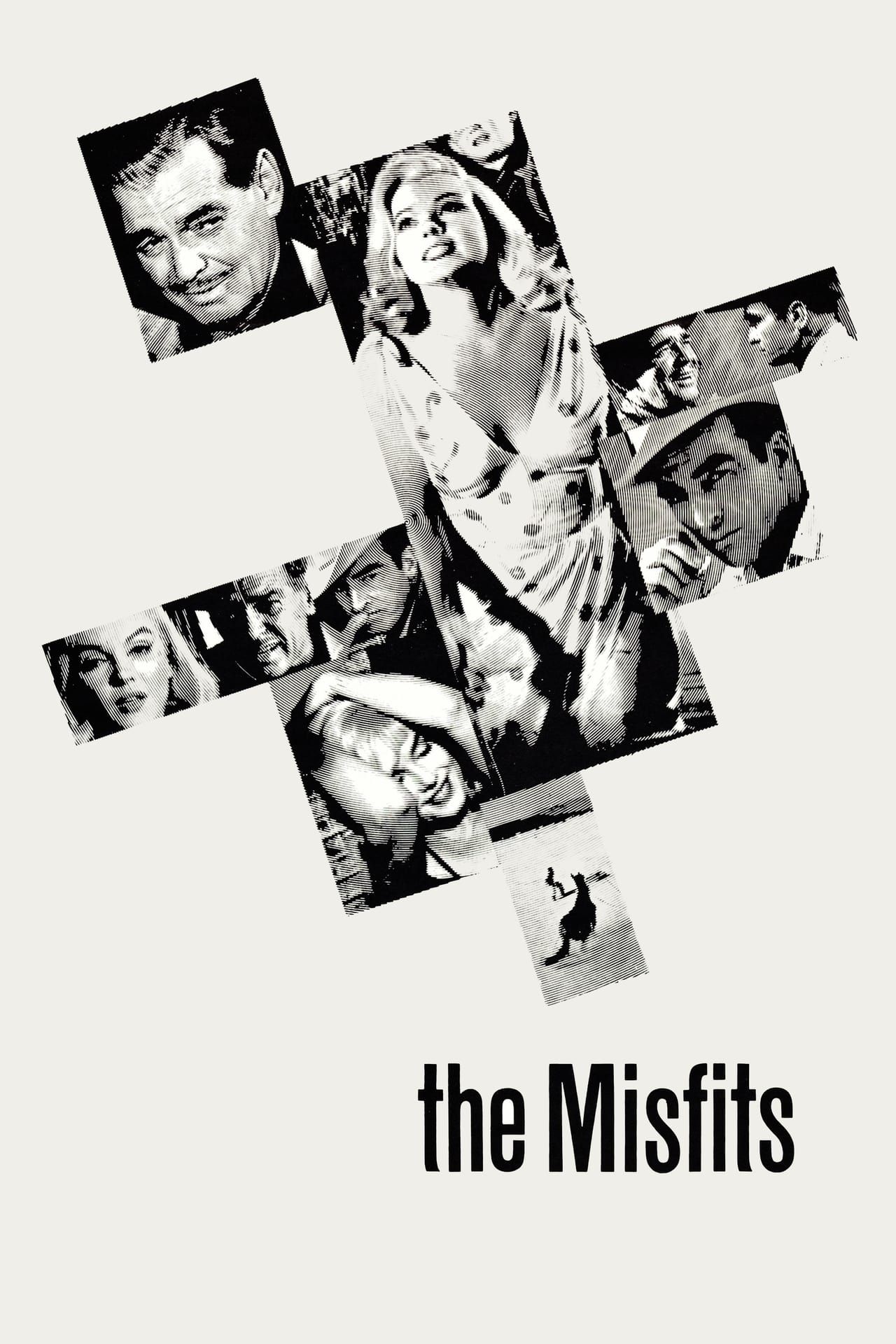
The Misfits
- Release Date
-
February 1, 1961
- Runtime
-
124 Minutes
- Director
-
John Huston
2
‘The Servant’ (1963)
Directed by Joseph Losey
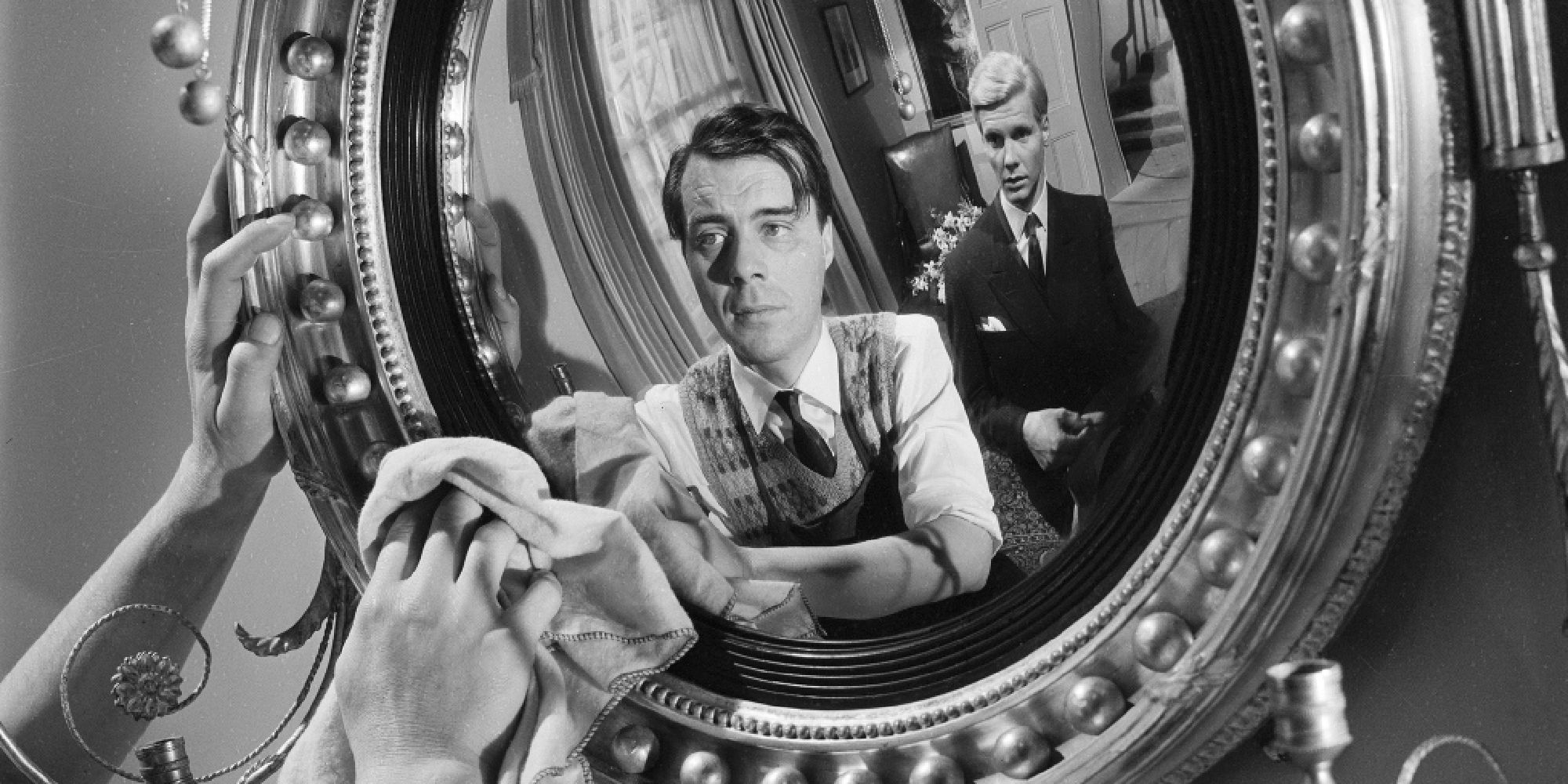
“You’re just a servant, Barrett. You’re my servant.” The Servant is a psychological tug-of-war that still manages to feel dangerous. A young upper-class man (James Fox) hires a manservant (Dirk Bogarde) to help run his lavish home, but the power dynamic soon twists, decays, and inverts in surprising ways. Written by legendary playwright Harold Pinter, it’s all suggestion, silence, and shifts in control. Bogarde gives a towering performance, and Joseph Losey directs with clinical menace.
This tale of class rot and psychological erosion could absolutely flourish in a modern setting. A remake could drag its parasitic tensions into today’s fractured elite. Imagine a contemporary London or New York backdrop, corporate wealth, performative wokeness, and toxic dependency. The class divide hasn’t disappeared; it’s mutated. Perhaps the remake’s Tony would be a tech bro or AI oligarch, a robber baron of the digital age. Plus, these juicy roles would give a pair of talented stars the chance to really shine.
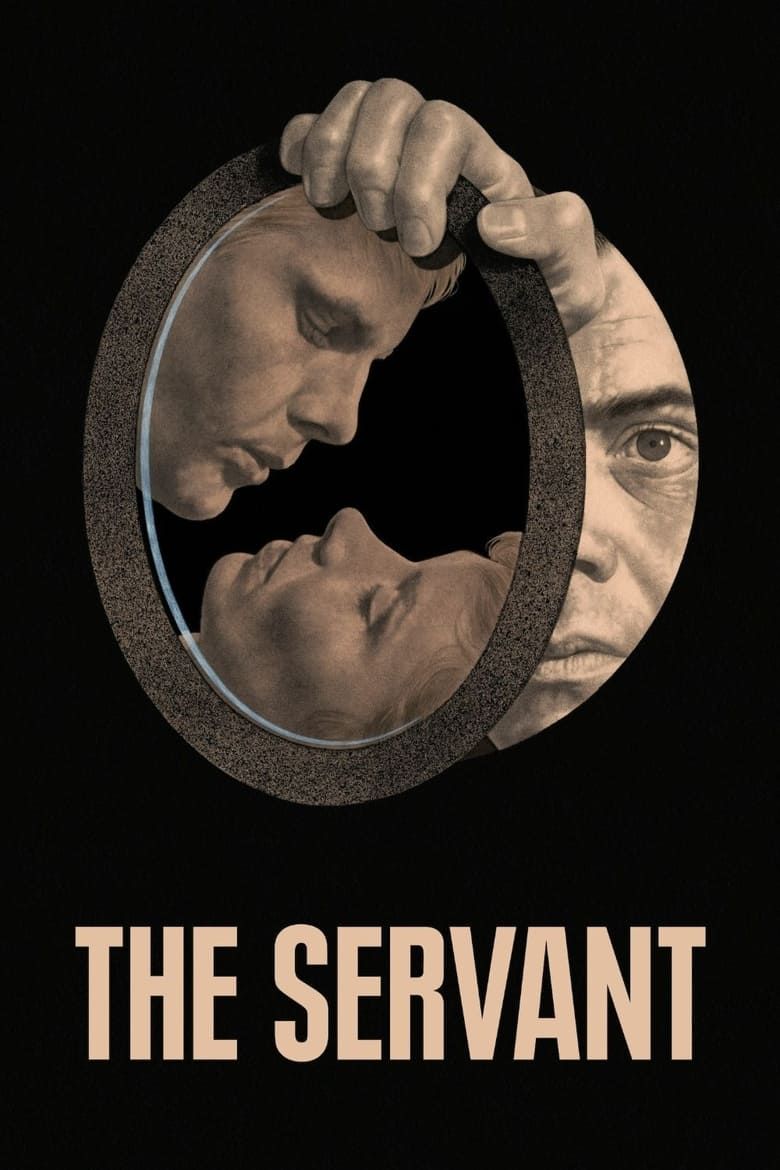
The Servant
- Release Date
-
November 14, 1963
- Runtime
-
116 minutes
- Director
-
Joseph Losey
1
‘The Night of the Hunter’ (1955)
Directed by Charles Laughton
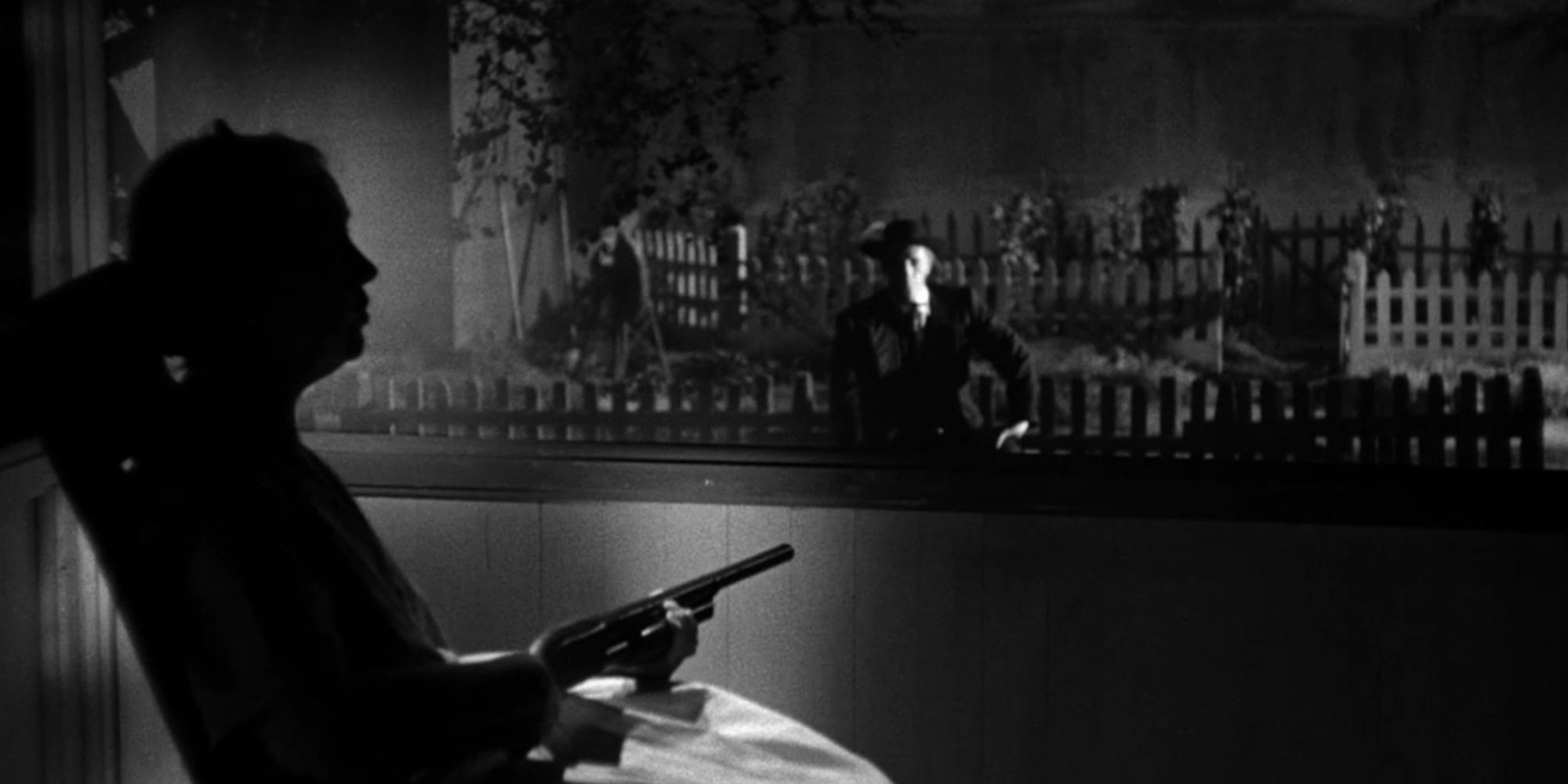
“Don’t he ever sleep?” Night of the Hunter is unlike anything else from its era, a Southern gothic fable about a murderous preacher (Robert Mitchum) chasing two children through a haunted rural landscape. Mitchum’s performance as Reverend Harry Powell is a pure nightmare. He has “LOVE” and “HATE” tattooed on his knuckles (an idea since endlessly imitated) and uses scripture as a cloak for violence. Mitchum is assisted by the expressionistic lighting and eerie child’s eye perspective, making for a movie that still feels otherworldly.
While the original is near-perfect, a remake could offer new terrain for horror and social commentary. It could deepen the psychological abuse, the economic desperation, and the fragility of innocence. It could also explore Powell’s charismatic cruelty through today’s lenses, like cult dynamics, political polarization, religious extremism, and the vulnerability of isolated communities. A talented director might even make it more terrifying, not by overhauling it but by sharpening everything that’s already there.
NEXT: The 10 Scariest Horror Movies of the 20th Century, Ranked

